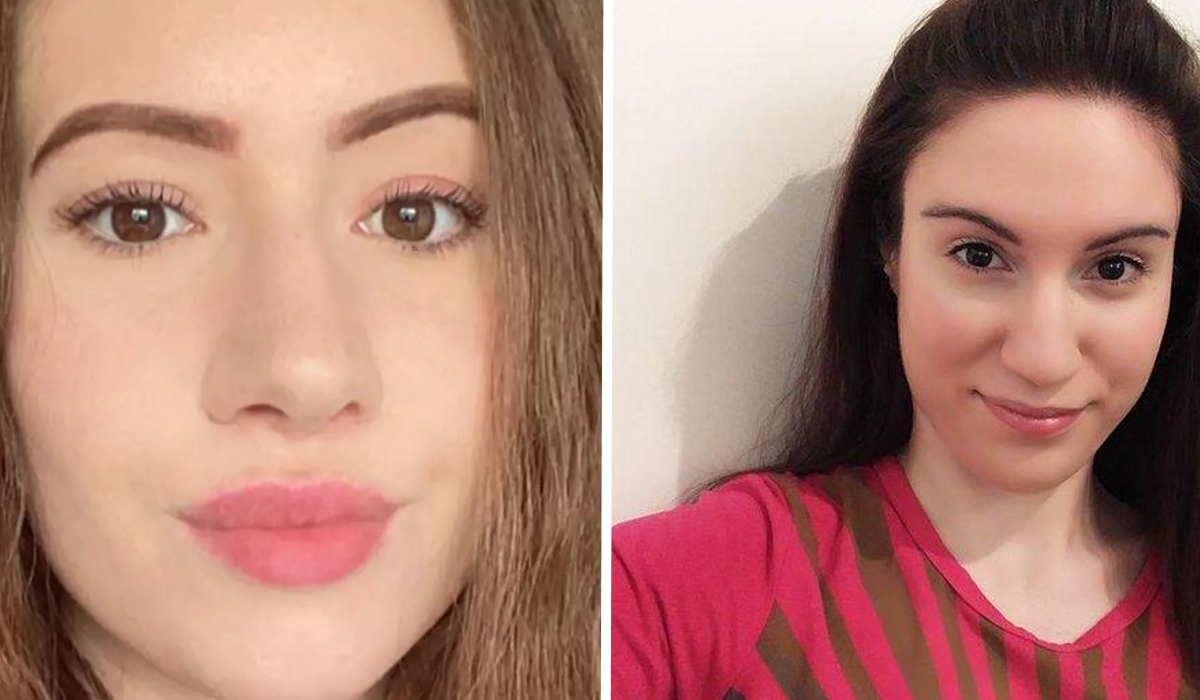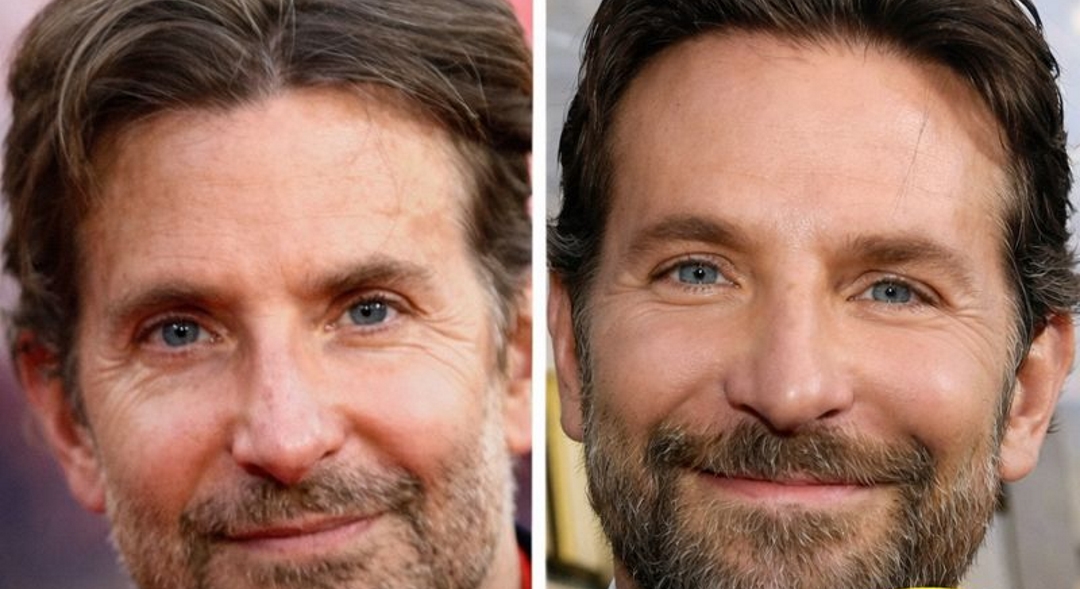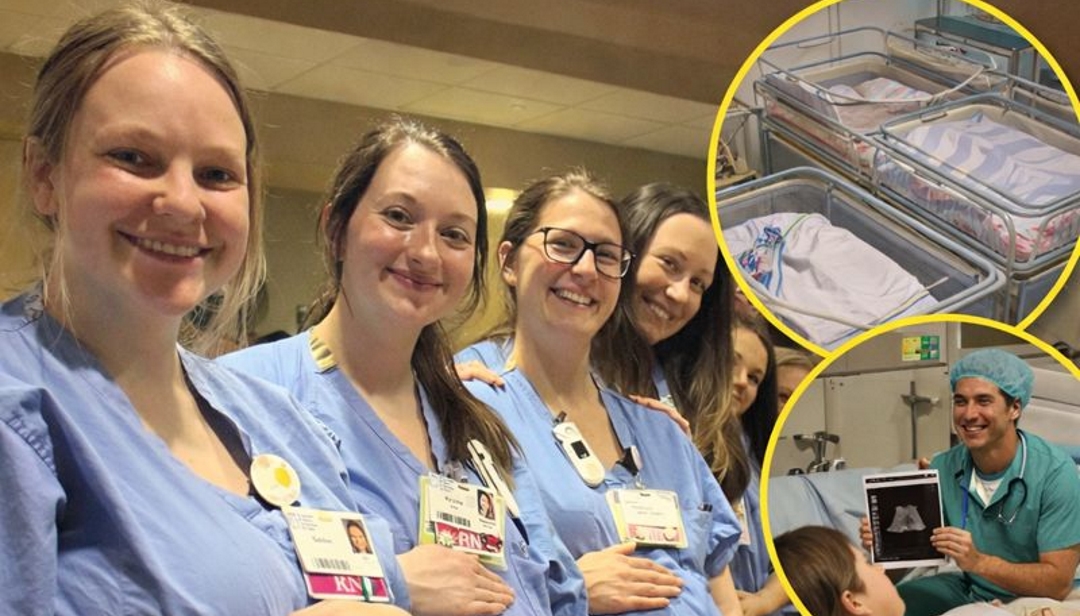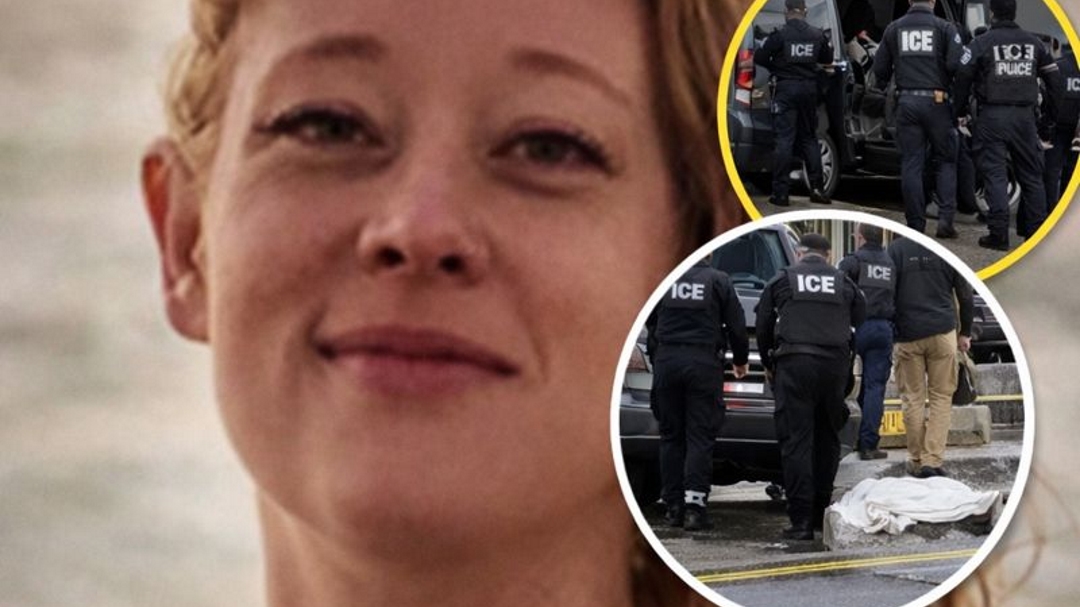A young woman has opened up about the heartbreaking moment she discovered she was born without a vagina — a rare condition that left her unable to have sex, menstruate, or carry children. Her story, which has since gone viral after being shared in a deeply emotional interview with BBC News, has sparked widespread conversations about invisible medical conditions and the stigma surrounding female reproductive health.
At just 16, Emma (whose last name was withheld for privacy) realized something was wrong when she hadn’t yet gotten her period. After a series of tests, doctors diagnosed her with Mayer-Rokitansky-Küster-Hauser syndrome (MRKH) — a congenital disorder that affects roughly one in 5,000 women, causing the vagina and uterus to be underdeveloped or absent altogether.
“When the doctor told me I didn’t have a vagina, I didn’t even know how to process it,” she said in tears. “It felt like the world just stopped. I remember thinking — am I still a woman?”
The diagnosis left Emma feeling isolated and ashamed. “All my friends were talking about boyfriends and first periods,” she recalled in her interview with Daily Mail. “And I was sitting there pretending to understand. I didn’t tell anyone for years.”
“A 20-year-old woman born without a vagina shares how her diagnosis shattered her confidence — and how she rebuilt her life.” @BBCLifestyle
Her story has struck a nerve online, with thousands of women expressing support and sharing similar experiences under the hashtag #MRKHawareness. Many said they too felt “broken” before learning how common the syndrome actually is. “It’s like finding out you’re not alone in something you thought made you a monster,” wrote one user on X.
According to specialists at Mayo Clinic, MRKH occurs when a baby’s reproductive organs fail to develop properly in the womb. Most affected individuals have normal external genitalia and fully functioning ovaries, meaning they can produce eggs and experience puberty — but lack a functional vagina or uterus.
“It’s a condition that’s often missed until adolescence,” explained gynecologist Dr. Samantha Liu during an interview with The Independent. “The emotional toll can be immense because it strikes at the core of identity and womanhood. Many patients struggle with depression, anxiety, and grief.”
For Emma, those feelings nearly consumed her. “I used to cry myself to sleep,” she said. “I kept thinking, who’s ever going to love me like this? How do I even explain it to someone?”
After her diagnosis, she underwent a non-surgical treatment using a medical dilator to gradually create a vaginal canal. “It was painful — physically and emotionally,” she admitted in a video posted to TikTok. “But it gave me a sense of control back. For the first time, I felt like I could decide what happens to my body.”
“She was told she didn’t have a vagina at 16. Now she’s raising awareness for MRKH.” @guardian
Her courage has since inspired thousands. Emma now runs an online support group for women living with MRKH, connecting people from across the world who felt the same silence she once did. “The hardest part wasn’t the diagnosis,” she explained. “It was the loneliness that came after.”
Psychologists say her openness is a breakthrough moment for awareness. “We live in a culture where female anatomy is so tied to identity and sexuality,” said Dr. Laura Brennan. “By speaking out, she’s not only educating others — she’s freeing herself from shame.”
In one of her most emotional posts, Emma shared a selfie from her hospital bed after completing the final stage of treatment. The caption read: “They told me I couldn’t be whole. Turns out I always was.” The photo quickly went viral, amassing more than 2 million views within days and drawing messages of support from women around the globe.
“What she’s doing is heroic,” said a spokesperson for MRKH Connect, a UK-based advocacy group. “She’s giving a voice to people who have felt invisible for far too long. For every Emma who speaks out, there are hundreds who still feel too ashamed to.”
“Emma’s story has touched millions — reminding us that womanhood is more than anatomy.” @Reuters
Today, Emma says she’s finally found peace. She’s in a loving relationship, studying nursing, and using her platform to educate others about body diversity. “I spent years hiding who I was,” she said in her latest interview with Cosmopolitan. “Now, I’m proud of it. I didn’t lose anything — I gained a purpose.”
Her advice to young girls receiving the same diagnosis is simple: “Don’t let this define you. You are whole, you are worthy, and you are not alone.”
As her story continues to spread, advocates hope it will break decades of silence surrounding MRKH and other rare reproductive conditions. For Emma, the reaction has been both humbling and healing. “If I can stop one girl from feeling what I felt that day,” she said softly, “then everything I went through was worth it.”








